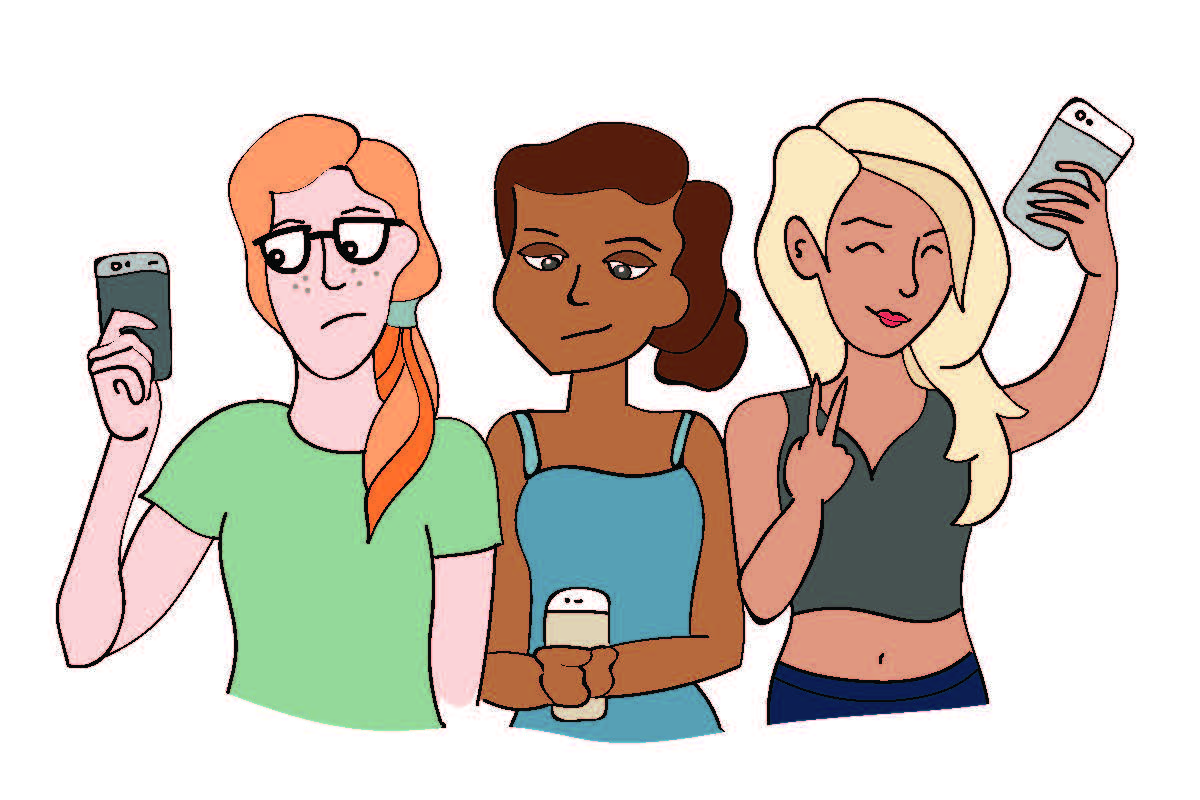It’s New Year’s Eve, and I am hosting a party at my house. I have about 15 friends over, and we still have about two hours until midnight, so I suggest we play a board game.
The first round was fun, but the second felt tedious. It’s not that I didn’t want to be there, but it seemed the people I was with were uninterested in the board game we started about 15 minutes earlier. The energy in the room went from exciting to dull in a matter of minutes.
That’s when I looked around the room and realized the reason they were uninterested in the game: they were entirely engrossed by their cell phones. I’m not a board game fascist, so they weren’t forced to play, but the fact that they would rather be on their phones Snapchatting and Instagramming instead of the company of a room full of people they care about was weird.
The human attention span has dropped to about 8.25 seconds since 2000, when it was an estimated 12 seconds, according to a 2015 article by The Telegraph. For reference, a goldfish’s attention span is nine seconds. Many scientists attribute this drop to our increased involvement with and dependence on technology.
Our constant use of technology has made us people who yearn for instant gratification. If we aren’t feeling validated, happy or entertained right away, we don’t want anything to do with the activity. Hence, the lack of interest in a board game in which you have to wait more than 15 minutes to see who wins.
Sitting around on our phones while we are in the presence of people we love makes it harder to enjoy being around those people. Next time I host a party, everyone will have to put their phones down for at least an hour and have party conversation.
Technology itself is not a bad thing. We have made strides in health care, civil protection and the efficiency of everyday life because of it, but it has made us weak in socialization.
The amount of people suffering from anxiety and depression because they feel alone is staggering these days. Approximately 20 percent of teens will experience depression before they reach adulthood, according to I Need a Lighthouse, A Depression and Suicide Awareness Program. They feel alone because even when they’re around people, they are essentially alone, and the only interaction they have is from the likes and shares on the internet.
You don’t have to be alone. It is very easy to find a friend to hang out with while you ditch phones and have real conversation. There is a time and a place for everything, so I am not saying we should completely rule out interaction through social media because it is a part of our world today. I am saying try to cut it out when you’re around people you should be enjoying spending time with. I am trying to work on this myself, and I’m bringing my friends along with me.
Let’s see if we as a society can beat the goldfish again.
Myia Hambrick is a 21-year-old mass communication junior from Temple, Georgia.
Opinion: As technology usage increases, ability to socialize declines
January 11, 2017
New Years cartoon





